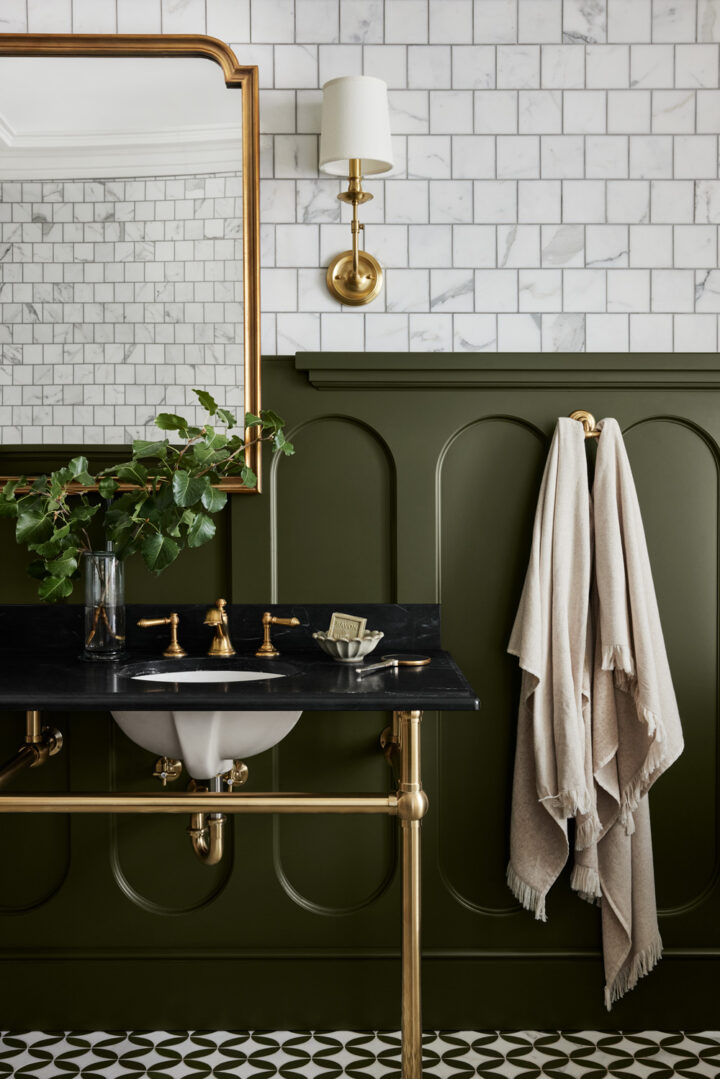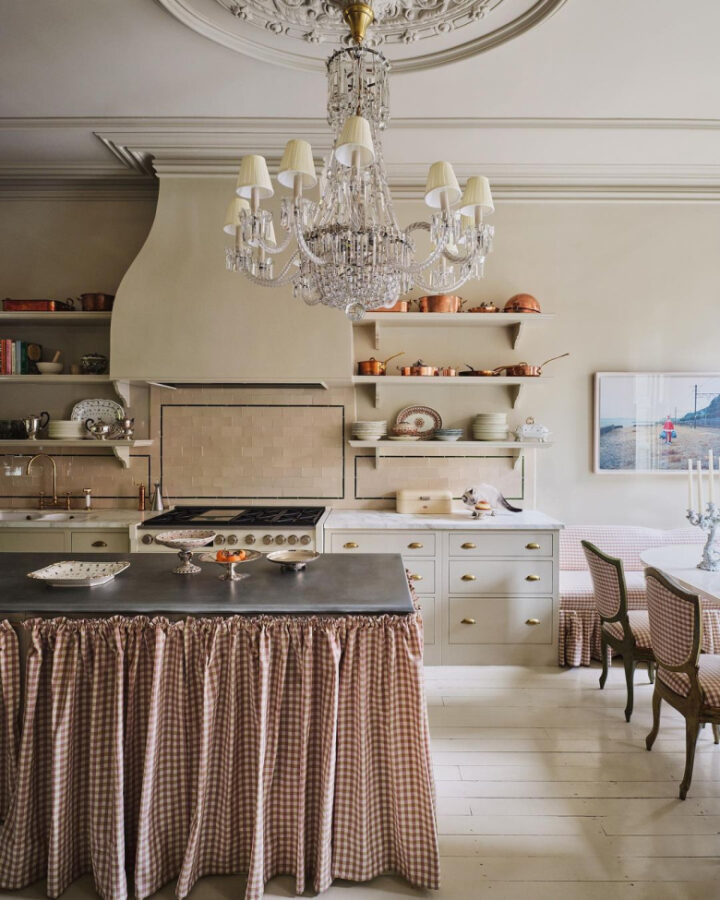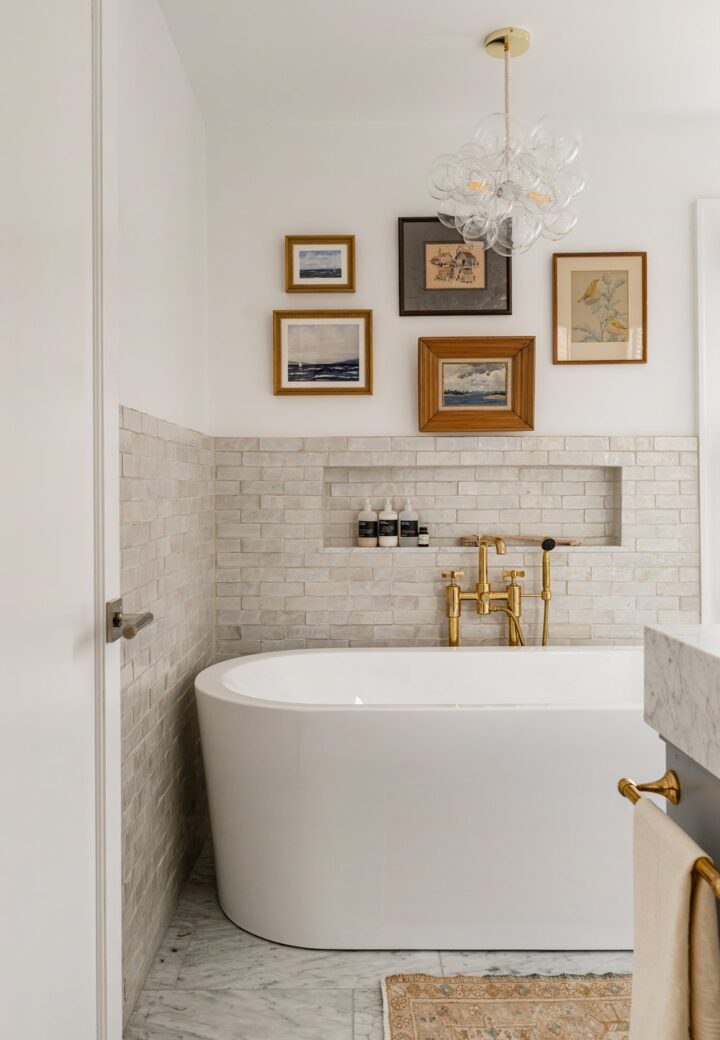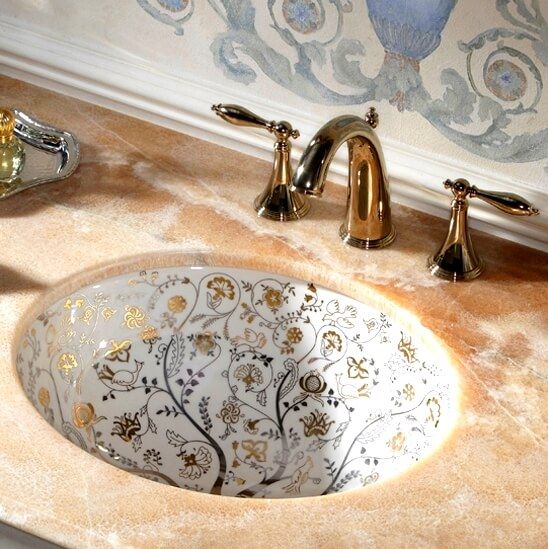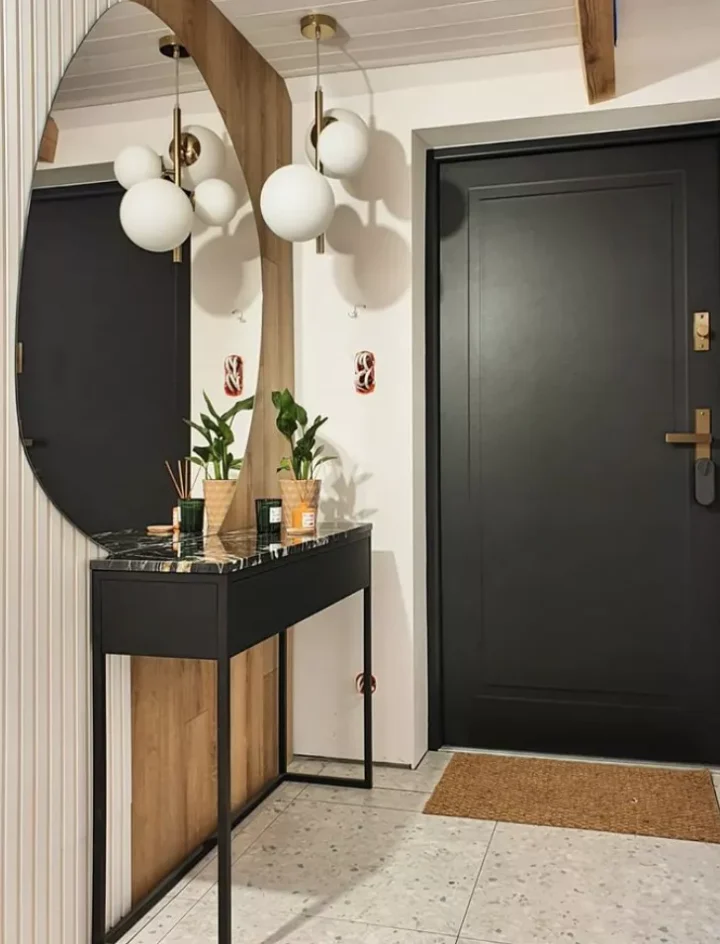If you have new marble countertops or a lovely marble floor you will be asking how to clean marble countertops to keep them looking perfect for as long as possible. Marble is slightly porous leaving it open to stains and etching, making cleaning instructions important as we don’t want to damage the stone in the process. The lighter the marble the more noticeable stains will be, this is how to clean them.
How To Clean And Care For Marble Countertops And Floors
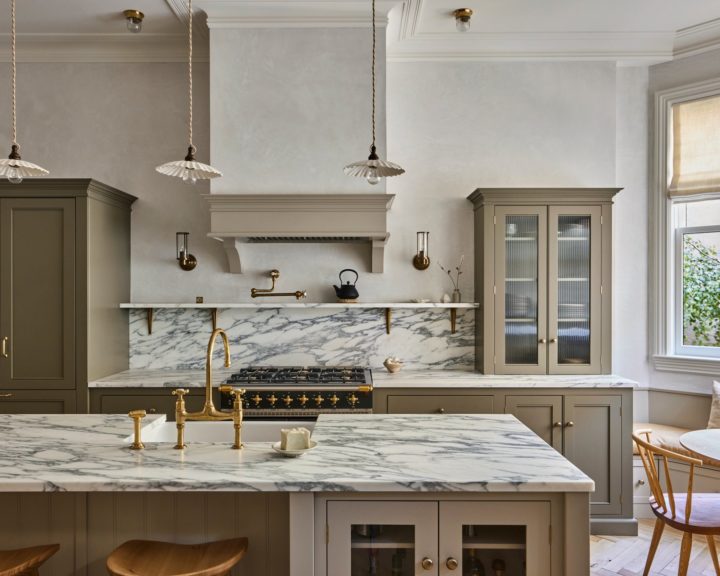
How to Clean Marble Countertops
If you are just looking for a quick daily clean of the area, use a microfiber towel to banish dust and surface dirt, wipe across the surface using circular motions. The dirt will cling to the microfibers, lifting the particles, and your marble will look clean and polished. This should be enough for day-to-day cleaning, and once a week do a deep clean.
Images: AND studio
Removing Stains from Your Countertops
Unfortunately, marble countertops stain quite easily, and it is best to try to avoid coffee mug ring stains. When you do get a stain use hydrogen peroxide to remove it. Hydrogen peroxide is a natural stain remover pour it onto the stain and allow it to sit for a minimum of 10 minutes, it not only removes the stain but will kill any residual bacteria on the benchtop. Make sure that when the stain has gone you thoroughly dry the area with a microfiber cloth, this is because water will also stain the marble when allowed to sit on the surface for a while. So when you have cleaned your marble countertops drying off is equally important.
How to Clean Marble Countertops
If you are just looking for a quick daily clean of the area, use a microfiber towel to banish dust and surface dirt, wipe across the surface using circular motions. The dirt will cling to the microfibers, lifting the particles, and your marble will look clean and polished. This should be enough for day-to-day cleaning, and once a week do a deep clean.
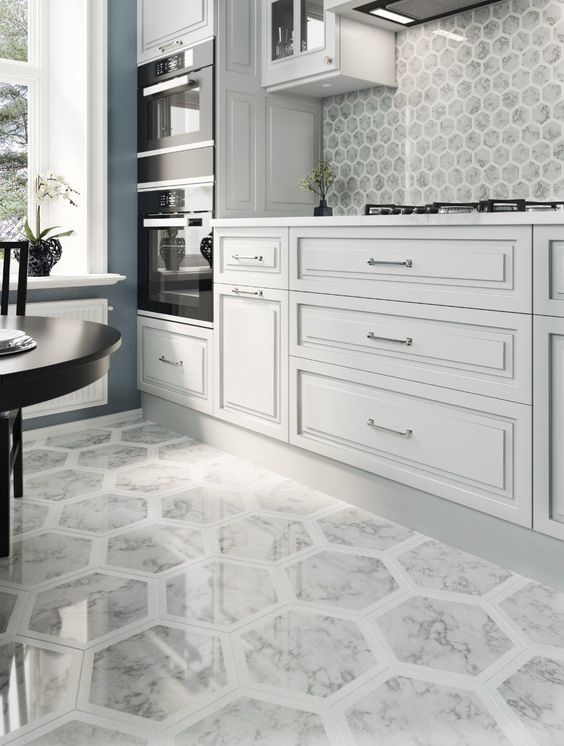
How to Clean Marble Floors
Start with gentle soap and water mixture. Castile soap is gentle and mixes in well to wash over your floor. Castile Soap is a natural nonbiodegradable soap made from vegetable fat and free of animal fat and synthetic ingredients. It is actually made from olive oil. You can purchase Castile Soap in liquid form making it ideal for your marble floors and countertops. When you have washed them wipe the area dry using old soft toweling or microfiber cloth.
Image: tile club
Cleaning marble Countertops and Floors with Ammonia
To use ammonia on marble countertops it should be diluted first. Use about 1/4 cup of ammonia diluted in 1/2 gallon of water. Use rubber gloves as ammonia is harsh to the skin, and wipe down your marble countertops with the mixture. You can also use it on your marble floors. As soon as you have finished, the areas must be thoroughly dried, preferably using microfiber towels to lift out any residual grime. Get rid of any damp spots as you don’t want stains. When you have washed and dried the floor area, put a small fan drier on in the space to ensure that thorough drying has taken place.
Isopropyl or Alcohol Marble Cleaner
How to clean marble countertops involves being sure we have killed bacteria. A homemade alcohol-based cleaner will be a good solution.
Combine equal parts of isopropyl alcohol and warm water in a spray bottle and shake to combine the products thoroughly. Spray a thin layer across your countertops. Then wipe over with a clean microfiber cloth until all the moisture is gone. This way the surface of your marble is thoroughly disinfected, making it safe as a food preparation area. If you do a lot of food preparation it is a good idea to do this once a day.
Conclusion
It is not hard to keep your countertops clean and hygienic, and by doing this regularly you will be able to prevent damage from occurring and etching from happening. Etching occurs when something corrosive eats into the marble, and good cleaning practices stop this from happening.


